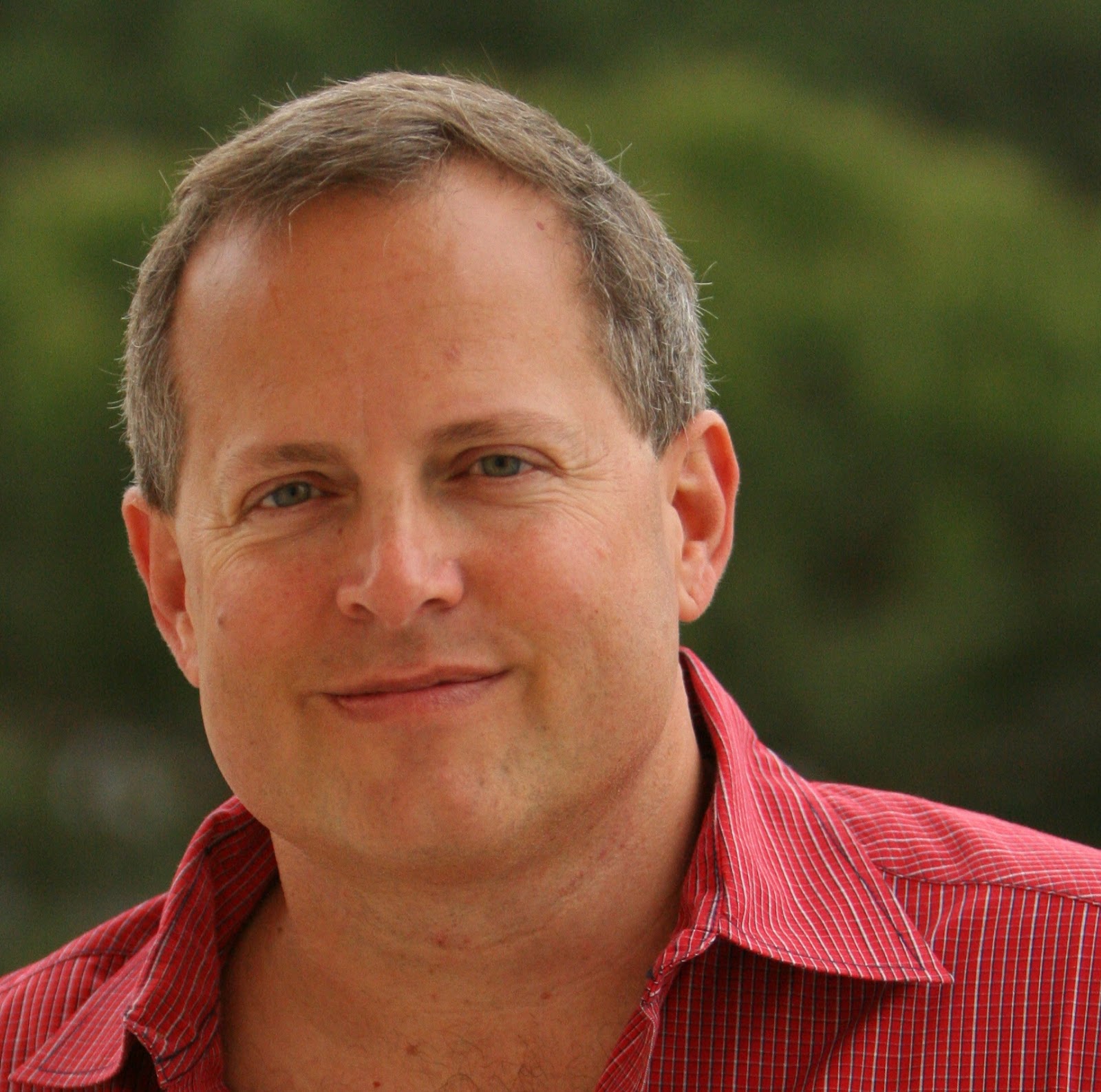 Council
Council
Charles “Tony” Smith received his PhD from the University of California-San Diego (2004), his JD from the University of Florida (1987). He is a Professor in Political Science at the University of California-Irvine and Associate Dean of DCE. His research is grounded in the American judiciary but encompasses work in both comparative and international frameworks using a variety of methodologies. The unifying theme of the research is how institutions and the strategic interaction of political actors relate to the contestation over rights, law & courts, and democracy. He has published The Rise and Fall of War Crimes Trials: from Charles I to Bush II (Cambridge University Press); Gerrymandering in America: The House of Representatives, The Supreme Court, and The Future of Popular Sovereignty (Cambridge University Press), articles in American Journal of Political Science, Law & Society Review, Political Research Quarterly, Justice Systems Journal, International Political Science Review, Judicature, Journal of Human Rights, Election Law Journal, Studies in Law, Politics & Society, Human Rights Review, and Journal of International Relations & Development, and New Political Science among other journals. He has published chapters in edited volumes with Cambridge University Press, Oxford University Press, Columbia University Press, and University of Pennsylvania Press, among others. He has edited a volume for Routledge and served as guest editor for special issues of the Journal of Human Rights and Human Rights Review. He has served in a variety of roles in APSA including President of the Sexuality & Politics Section, Chair of the LGBT Status Committee, and Chair of the LGBT Caucus.
Statement of Views
The APSA plays a critical role in the advancement and development of the careers and research of its members from graduate students to emeriti. Along with the sections and related groups, I view the Council as one of the main conduits through which the members can help the APSA best serve its membership. APSA draws its strength from the methodological and topical diversity of the research of its members as well as the geographic and institutional diversity and the diversity of innate and chosen identities of its members. The APSA does its best when all of its constituent parts are given voice and taken seriously. If elected, I will strive to ensure our terrific and broad diversity continues to be recognized as our greatest strength and the organization does its best for every member.